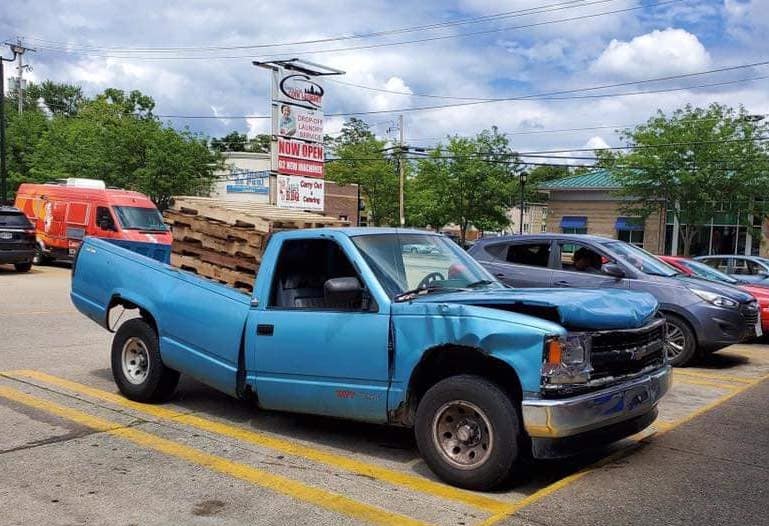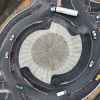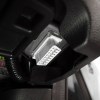
What Happens to Returned Lemon Law Cars?
The Lemon Law went into effect to allow owners recourse for vehicles with clear issues that the dealership and/or manufacturers are unable to fix. In California, it became law (known as the Song-Beverly Consumer Warranty Act) at the beginning of 1970. It means that the manufacturer must refund the purchase price due to specified warranty defects. Besides California, Connecticut, Massachusetts, Minnesota, New Jersey, New Mexico, and New York have a Lemon Law. So what happens to that vehicle after the manufacturer’s buyback?
Do they destroy Lemon Law buybacks?

Many think that automakers destroy “lemons.” But this is almost never the case. Usually repairing it and reselling it is how the manufacturer handles the buyback. But there are caveats around how these vehicles enter back into service.
First, the vehicle must still be under a factory warranty. Then the owner gets a refund after first going through the process. From there the manufacturer must register it back to itself.
Because the vehicle has specific warranty defects, the Certificate of Title must inform new buyers that it is a “Lemon Law Buyback.” A special Lemon Law Buyback sticker is usually present either on the left door frame of the vehicle, the threshold to the driver’s side front seat, or somewhere on the left side of a doorless vehicle like a motorcycle.
How does the new Lemon Law car buyer know it was a buyback?

Once the vehicle ends up on a dealer’s lot, there are still more requirements. The seller notifies any buyer with typed information pertaining to the buyback. It must include:
- The year, make, model, and vehicle identification number.
- Adding “Lemon Law Buyback” is now on the vehicle’s title.
- What is the nature of each nonconformity reported by the vehicle’s original buyer or lessee.
- What the repairs were to attempt to correct each nonconformity.
If a potential buyer asks about the vehicle being a Lemon Law buyback, the seller must disclose any and all information they have about the circumstances surrounding the buyback. All of this is to fully inform a potential buyer of the vehicle’s past, much like a salvage title does for a vehicle brought back from major crashes.
How can the manufacturer sell a Lemon again if they couldn’t fix it?

So the big question becomes, “If the manufacturer was unable to fix the problem for the original owner, will it be fixed for the new one? The simple answer is yes. But in reality, that is not always the case. Sometimes, the defect will come back.
So you need to know all of the circumstances surrounding the buyback. In some cases, a vehicle sent into the service department for something like faulty windshield wipers or a defective headlight switch, won’t get picked up by the owner for 30 days or more. It is technically considered a lemon in cases like this. The manufacturer may be forced to refund the owner even though it was a simple problem. That’s a vehicle that might be worth the much lower price.
Should the problem resurface, it’s best to have a warranty. Other situations where a vehicle is a buyback is as a courtesy to a loyal customer, or the previous owner lied about problems to get the manufacturer to buy the vehicle back.



